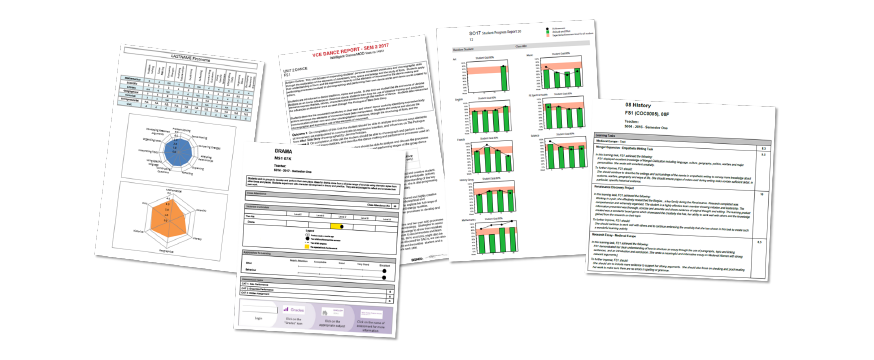Publication Date
7-2016
Subjects
African students, Monitoring (Assessment), Disadvantaged, Developing countries, Literacy education, Numeracy, Primary education, Student assessment, Comparative analysis, International programs, Case studies
Abstract
This case study of Rwanda provides an understanding of the specific practices implemented to measure and improve the literacy and numeracy learning outcomes of Rwandan primary school children in the long term. An important development regarding the quality standards and assurance programme of education in Rwanda is the 2011 introduction of Learning Achievement in Rwandan Schools (LARS). This case study outlines the main purposes and components of LARS, the main findings regarding effective strategies and factors from the LARS baseline report and the capacity building component of LARS.
Recommended Citation
Schwantner, U. (2016). Improving Quality Education and Children’s Learning Outcomes and Effective Practices in the Eastern and Southern Africa Region : Rwanda : Country case study. UNICEF Eastern and Southern Africa Regional Office (ESARO). https://research.acer.edu.au/monitoring_learning/27
Copyright Statement
Copyright United Nations Children’s Fund (UNICEF) 2016
Place of Publication
Nairobi Kenya
Publisher
UNICEF Eastern and Southern Africa Regional Office (ESARO)
Geographic Subject
Africa, Rwanda
Included in
Educational Assessment, Evaluation, and Research Commons, International and Comparative Education Commons



Comments
Report for UNICEF ESARO
This case study is intended to support the main report of this study: Improving Quality Education and Children’s Learning Outcomes and Effective Practices in the Eastern and Southern Africa Region : Main report.